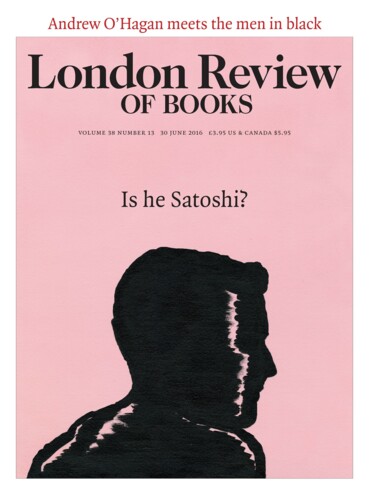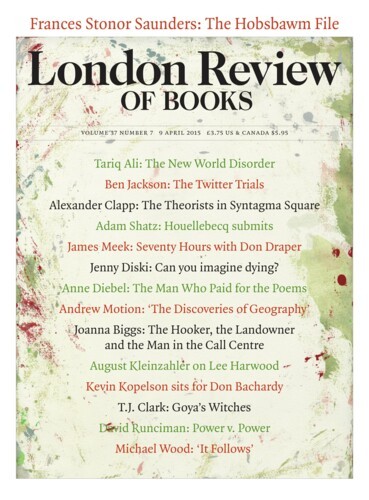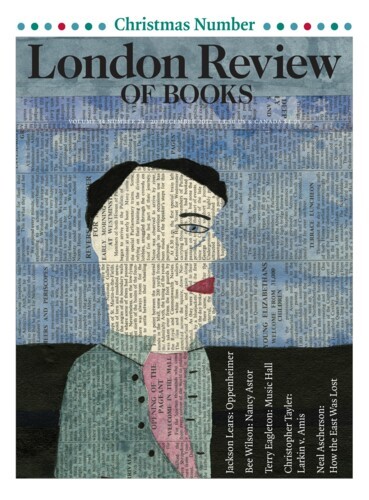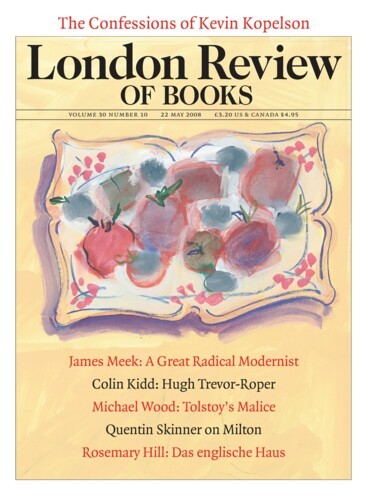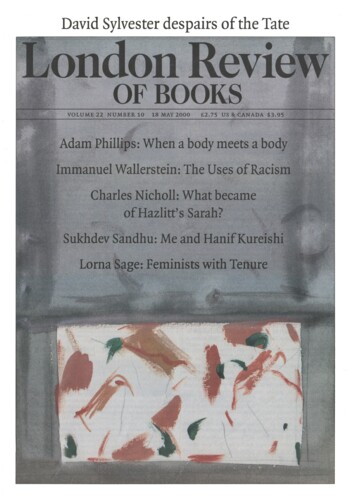To be fair to Alan Walker, I should confess that I’m an amateur pianist who loves playing – or trying to play – some of the virtuoso music Liszt both composed and, of course, performed: relatively easy pieces like Waldesrauschen and Un Sospiro, which are concert études, and also the three ‘Petrarch’ Sonnets. More difficult ones – like Gnomenreigen or the first ‘Mephisto’ Waltz – are simply beyond me. I’m also a sex fiend who loves the erotic myths that concern Liszt, the homoerotic ones in particular. There’s the famous one Liszt himself promulgated, known as the Weihekuss, about Beethoven embracing the 11-year-old prodigy at his Vienna debut. (It never happened; or if it did, it happened in the privacy of Beethoven’s home.) There’s the one about Liszt the lady-killer. In reality, Liszt was more of a Cary Grant than a Clark Gable, more Don Ottavio than Don Giovanni – although he did play the latter on stage. According to Charles Rosen: ‘With his international reputation for erotic conquest already set’, Liszt must have known that the public would take Réminiscences de Don Juan (1841) ‘as a self-portrait in sound, just as everyone had assumed that Byron’s Don Juan was an autobiography’. Then there’s the private myth about Byron: ‘I still feel the same liking, the same passion for L.B.,’ Liszt wrote to Countess Marie d’Agoult, his first mistress. ‘Hugo called Virgil the moon of Homer; when I flatter myself, I tell myself that I shall perhaps one day be B’s.’ I like to think, mostly on the basis of conservatory gossip but also because of the ‘physical aversion’ to women Liszt keeps mentioning in his correspondence, that this Byron fixation has something to do with bisexuality – which may mean that ‘Lisztomania’, Heine’s term for crazed female devotion to the virtuoso, had a lot in common with the ‘fag-hag’ devotion previously inspired by castrati. By, say, a singer like Farinelli. Both performers did seemingly impossible things, produced seemingly impossible sounds, and both were surrounded by an arousing nimbus of either passivity (hence the Cary Grant analogy) or lack of interest (hence Don Ottavio).’‘
To be fair to Alan Walker, I should confess that I’m an amateur pianist who loves playing – or trying to play – some of the virtuoso music Liszt both composed and, of course,...
